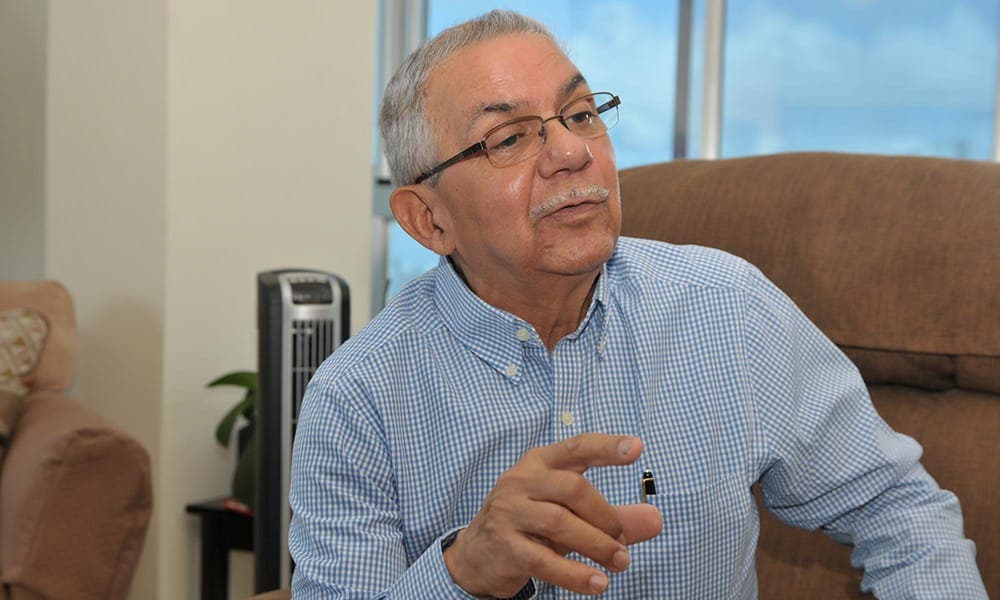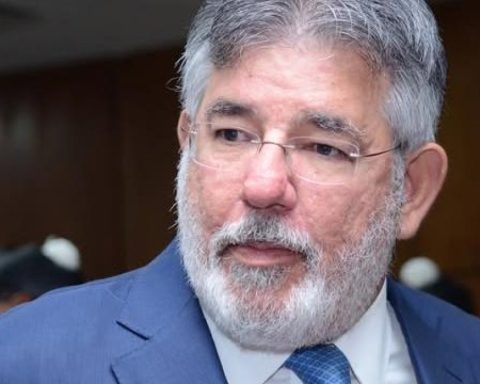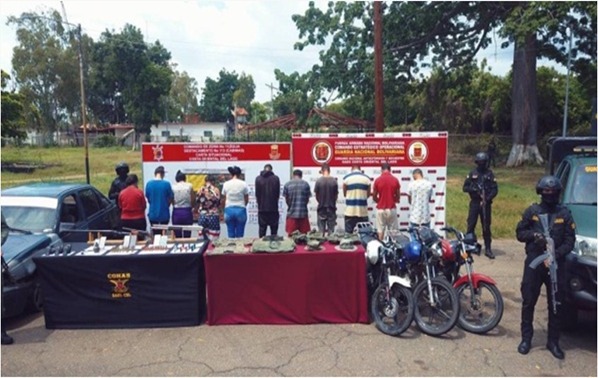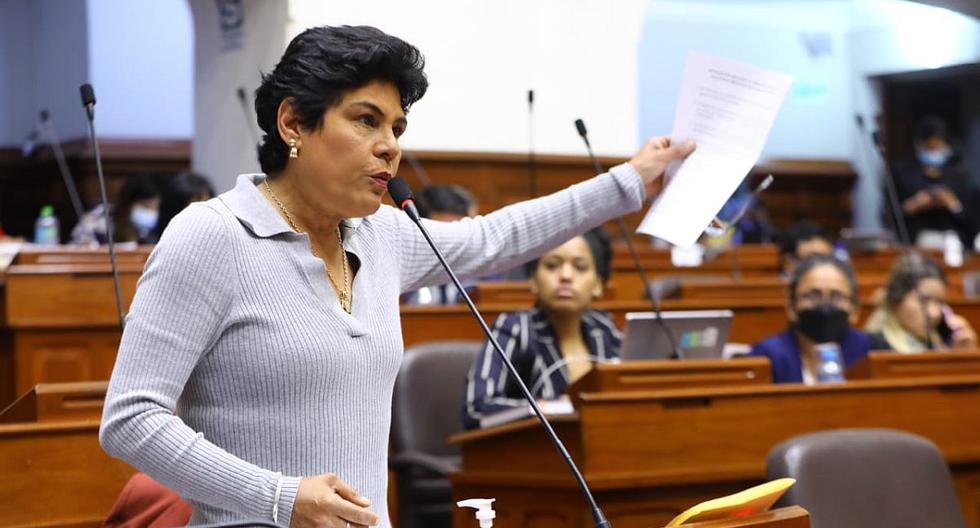The author of Law 87-01 that created the Dominican Social Security System, economist Arismendi Díaz Santana, described as extremist and unfeasible the proposals on the elimination of Pension Fund Administrators (AFP) and Health Risk Administrators (ARS).
Likewise, he considered this position to be radical, which, as he explained, is extrapolated to the years of the “Cold War” since they are not viable or reasonable approaches.
“So the proposals made in this sense by the Coalition for a Better Social Security Regime, in our opinion, have no basis, because the claims that the ARS be eliminated are based on unsustainable arguments in these times. modern, because without intermediation the market dynamics would not be possible» he indicated.
He also specified that this approach is opposed to Law 87-01, which establishes that the resources generated through the individual savings of the worker are destined to pay the pensions of the AFP affiliate, at the time of his definitive retirement from the workplace.
Díaz Santana also specified that this legislation defines the difference between the two types of savings accounts, the traditional one through formal banks and the individual one as a capitalization account managed by the AFPs, which are contributed by the worker and the employer.
The also economist and expert in social security, argued that in the case the saver can make disbursements whenever he wishes, while, in the case of individual capitalization accounts, it is when he meets the conditions contemplated by the Law that created the System. of Pensions.
He explained that part of the allegations on which the proponents delivery of 30% of pension funds, as in the case of the pandemic that aggravated the workers’ crisis, were overcome or mitigated by the social programs implemented by the Government.
He said “if the studies indicate, on which I have written books, in the Dominican Social Security System, and I was the one who drafted the preliminary draft of Law 87-01, that through the current scheme it is not possible to grant adequate pensions to the worker; So I have to imagine what would happen if we also took 30% away from that individual savings process, it would be catastrophic for the worker when it comes to owsnion”, assured Díaz Santana.
He also recalled that the current scheme that governs the Dominican Social Security System and the regulations for its application, was agreed upon with all sectors through public hearings, directed by a commission that he headed together with the then senator Ivan Grullon, which covered much of the national territory.
The social security expert also questioned that the groups that demand the elimination of the ARS, do not refer to the situation that occurs in clinics due to rebound of patients who do not make unilateral and illegal co-payment made by doctors who do not even deliver receipt of that charge.
The economist calculated that due to this illegal practice, Social Security affiliates paid the astronomical figure of 65,900 pesos in 2021, of which the State has no record, because it did not receive tax payments either. 30 percent of their salary paid by the worker to access these services, “he said.
He specified “Due to those co-payments that are being charged to the worker right now, in reality he is not contributing 30%, but 54% of what the health service costs,” Díaz Santana estimated, during an interview with a television program .
Regarding the AFPs, he considered that under the current scheme of the Social Security System there is no capacity to grant adequate pensions, due to multifactorial reasons, including the increase in the life expectancy of the affiliate and the growth of labor informality.
He recalled that when the Dominican Social Security System was created in the country in 1948, the life expectancy of Dominicans was below 50 years, while now it exceeds 76, which is associated with the development of technological resources.
Likewise, Díaz Santana favored the introduction of modifications to the Security System, in order to readjust it to the requirements of the population, mainly in relation to health, which include the implementation of the Basic Plan and the elimination of the co-payment.
Likewise, he referred to the warning made by EDUCA, in the sense that the pension system of the Ministry of Education is economically unsustainable because it is a heavy burden for the State.
He referred that the original concept of Law 87-01 in its guiding principles establishes that it is a universal legislation, that is, that it covers all Dominicans, regardless of whether they are salaried, so in the case of teachers, it constitutes a privilege, because it must cover one hundred percent of the population.
“But in the Dominican Republic there are groups that feel they have enough power and strength to enjoy privileges, as in the case of the congressmen who, despite approving that aspect of the Law on the pension mechanism, served themselves with the big spoon, establishing an extremely leonine system in its favor, also the case of the Judicial Power and majorities of the autonomous and decentralized institutions”, he referred.
He added that, for this reason, from the very beginning, unfortunately, and given the weakness of the country’s institutions, the pension system began to erode and one of those factors was that of doctors and teachers.
He argued that in the case of teachers, the situation is more serious, due to the great effort that the country had to make, fighting for years to approve the allocation of 4% of the National Budget to Education.
He specified that according to a study released a few days ago, the Teacher’s Special Pension and Retirement Program is fed by 4% contributed by the teacher and 8% by the State as employer, but the biggest aggravating circumstance was establishing that during In 15 years, the government will cover 100 percent of the pensions granted by said ministry, he concluded.

















